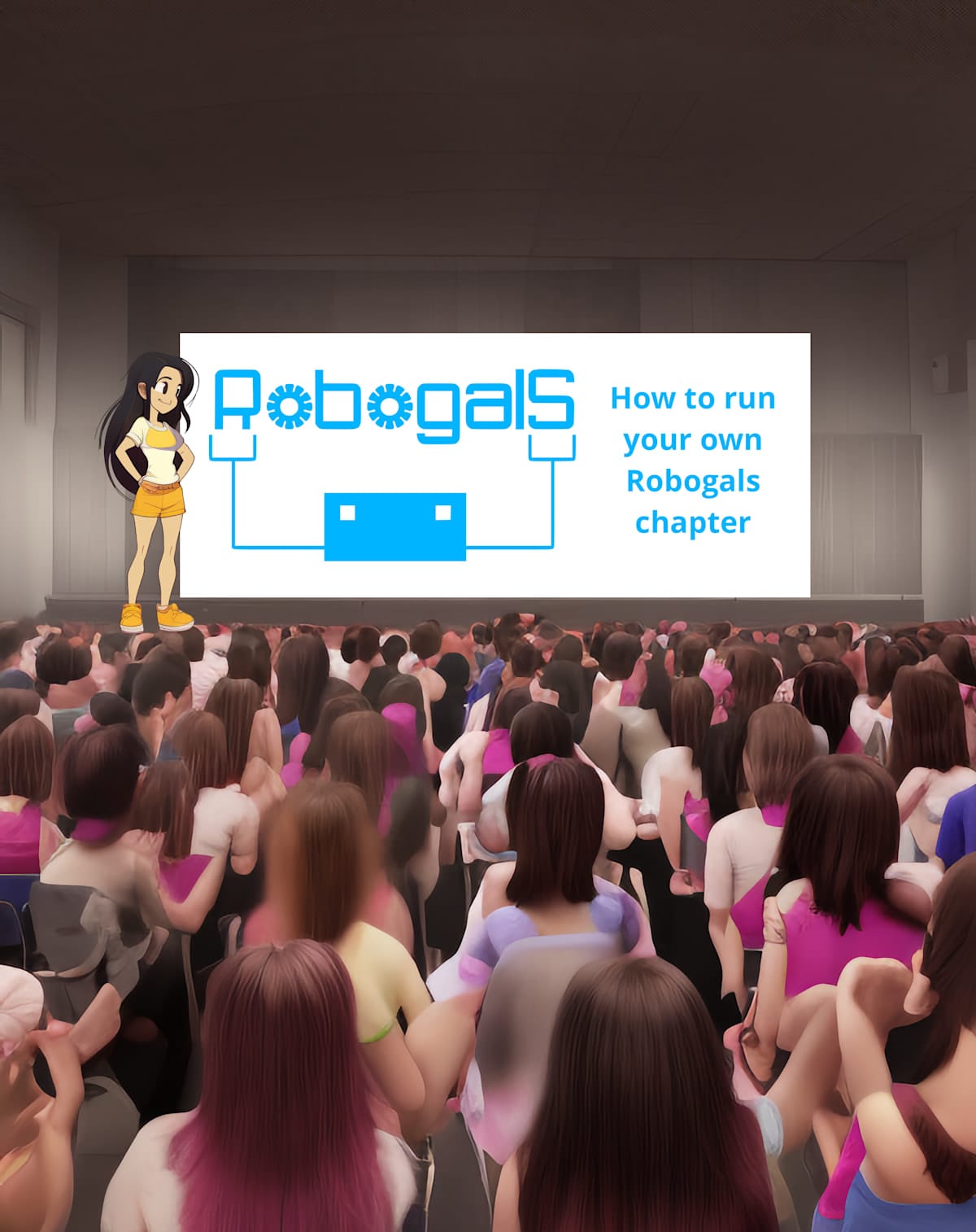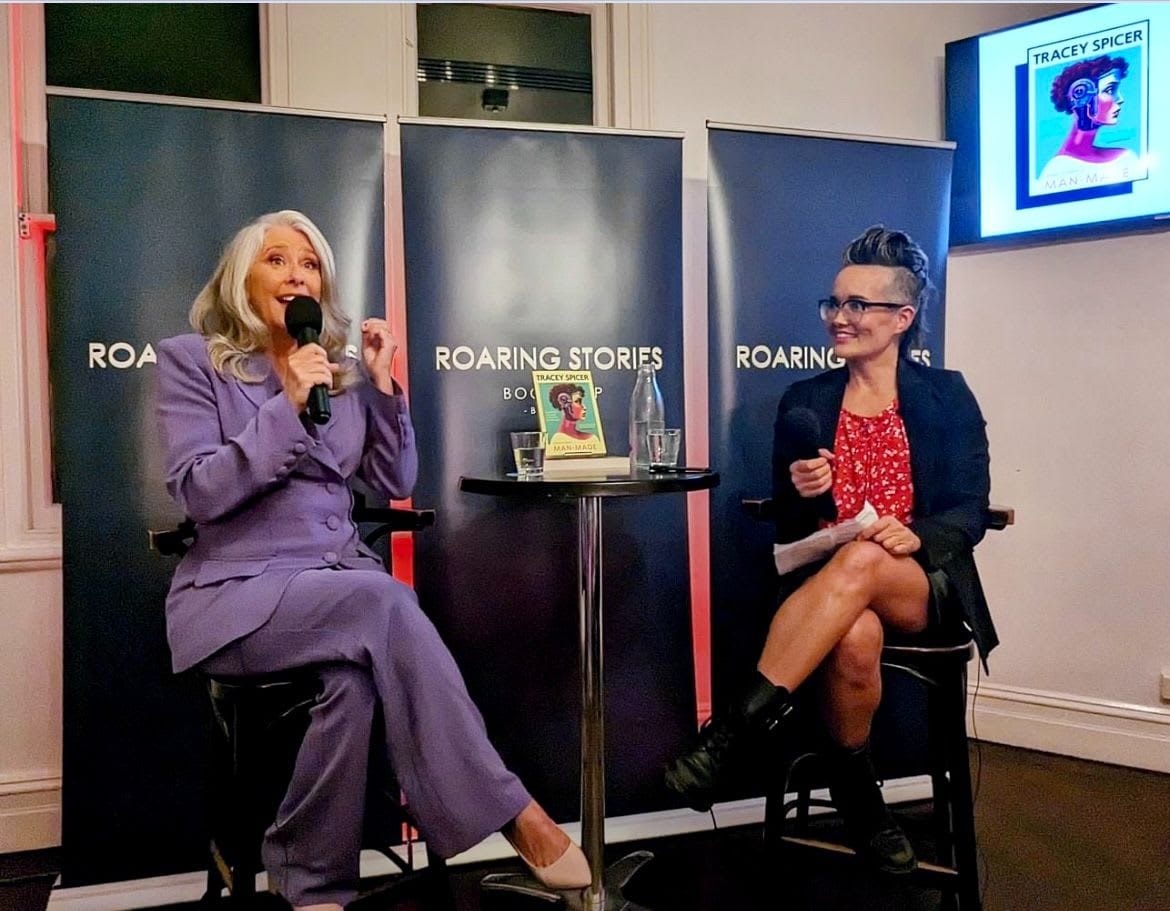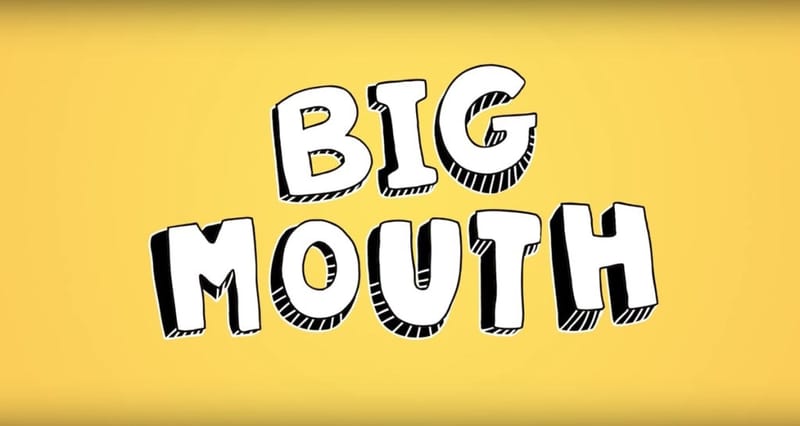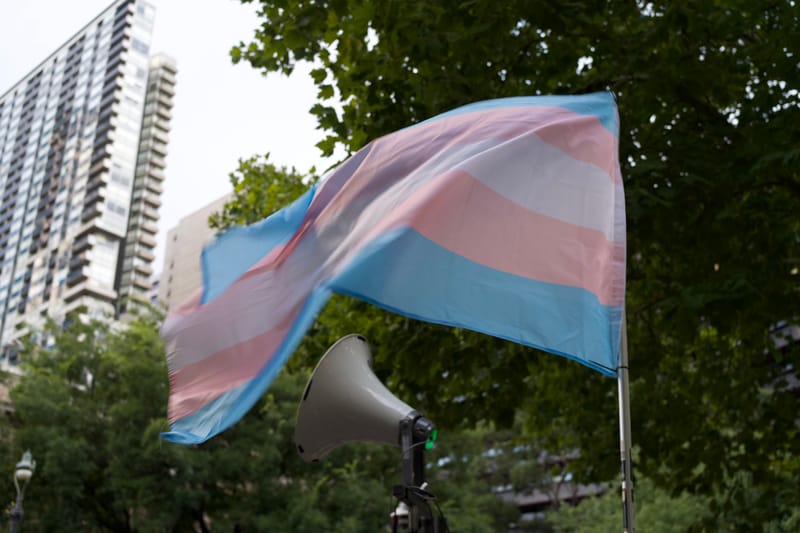How to get girls into robotics? Write a book using AI
New books tackling misogyny in the tech sector warn of the problems of gender bias in AI.

Robotics engineer and former Young Australian of the Year Marita Cheng has revealed that her latest book, Smart Girl Books, came to life with the help of generative artificial intelligence (AI).
Cheng says she used the technology to create images through textual prompts for the book — a memoir on her stellar career in robotics engineering.
At the heart of the book, we learn how and why she set up the non-profit organisation, Robogals, which has helped to recruit hundreds of thousands of girls into the vast world of science, technology, engineering and maths (STEM).
“I was fascinated by the developments of this experimental new technology and decided to employ it towards enlightening girls about STEM,” says Cheng, who was named one of Forbes World's Top 50 Women in Tech in 2018.
“I want the book to motivate young kids to take more of an interest in studying STEM subjects,” she says. “I want to inspire the next generation.”
Cheng stands at an impressive reckoning of two tech companies: Aipoly, an AI app for the blind, and Aubot, a robotics company for medically disabled and commercial users.
She also founded the global NGO Robogals — in 2008, at age 19 — providing engineering students with female role models (for example, of women already in the field) and free engineering and technology workshops for girls.

Cheng says the passion project came from a place of need and disappointment. “I started these initiatives because this is the kind of initiative that I wanted in my life growing up, but it wasn't there,” she says.
“Women-oriented initiatives in technological careers would have made a huge difference in my life.”
She wants to cultivate a more extensive support network for women. “I was touched by the feedback from the Robogal participants, who took to the careers of creating tech and attribute their successes to the NGO’s programs," she says.
“If you keep your mind open to what’s sorrow in the world or what the current state of the world is, that’s when you get ideas as to how you can improve things. That’s every engineer’s mindset."
LinkedIn data indicates a notable gender bias in the tech industry: women formed barely a third of the talent pool in the Australian AI sector, as of March.
Such a lack of diversity creates issues when designing solutions for world problems, according to the Director of the National AI Centre at the CSIRO, Stela Solar.
"If girls are not participating in AI and STEM education, it means they may become more vulnerable in our increasingly technological world," Solar says.
"When we consider that it is often those with STEM skills who design, shape and build the world around us, we need to ensure that there is diversity in the development teams that reflect the rich diversity of our communities,” she says.
“Otherwise we will build technology, products and services which are not fit-for-purpose and which don't create positive outcomes for our community."
Her thoughts are echoed in the new book by award-winning Australian journalist and social justice advocate Tracey Spicer, Man-Made: How the Bias of the Past is Being Built into the Future, released in June.
“The lack of diversity and inclusion in the broader tech sector is a huge cause of the bias that's in artificial intelligence, specifically,” Spicer says.

Spicer's book emphasises how neglecting the involvement of women and other minorities in the development of advanced technologies is disabling AI for the future.
“If we don't get more diversity and inclusion in, we're going to face a future that looks very much like the past.”
Spicer has been raising questions in her work as to why there are fewer women in STEM.
She highlights the everyday casual sexism as well as the "neuro-sexism" that is being absorbed by girls in primary school.
“It's not a case of 'We need to fix the women and girls'. We need to fix the system," Spicer says.
“In the tech companies, where there's misogyny, sexual harassment and assault, there's a gender pay gap, there's a lack of clear career progression for [women].”
She would like to see more gender pay audits and better training for tech companies to help reduce sexual harassment and structural gender issues.
“There needs to be more support from both the government and commercial sector for people in marginalised communities to create tech, to be involved,” she says.
“We do have women going into technology jobs; a lot of them drop out because of the barriers they face."





